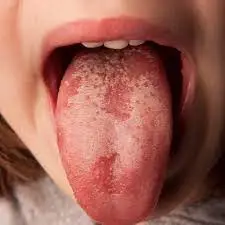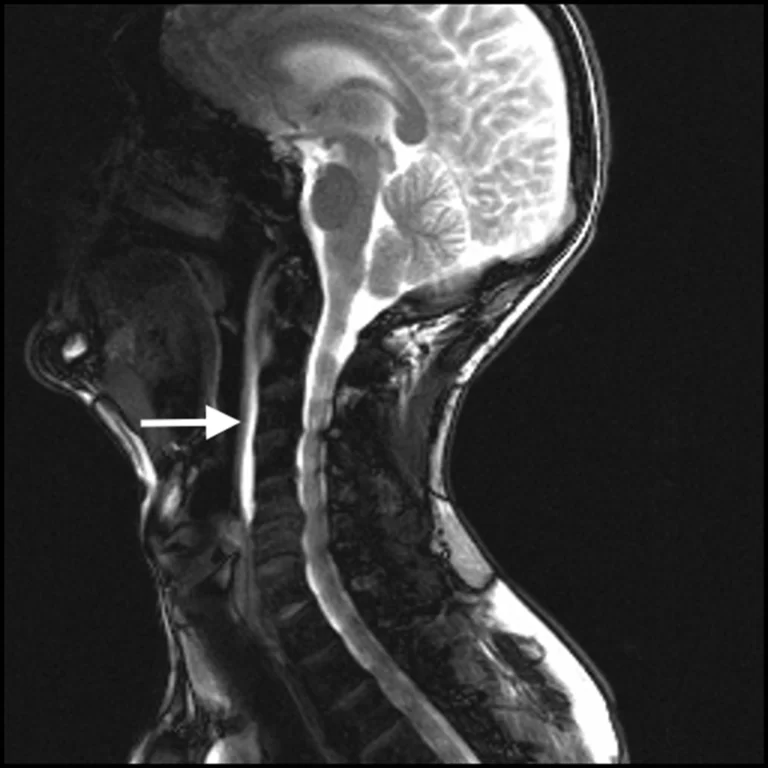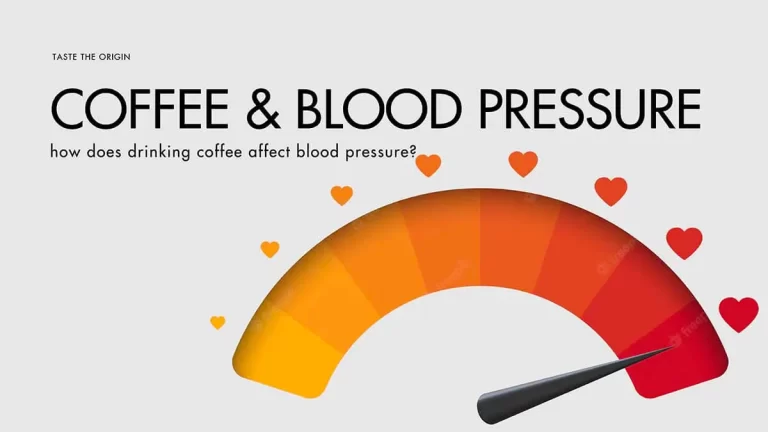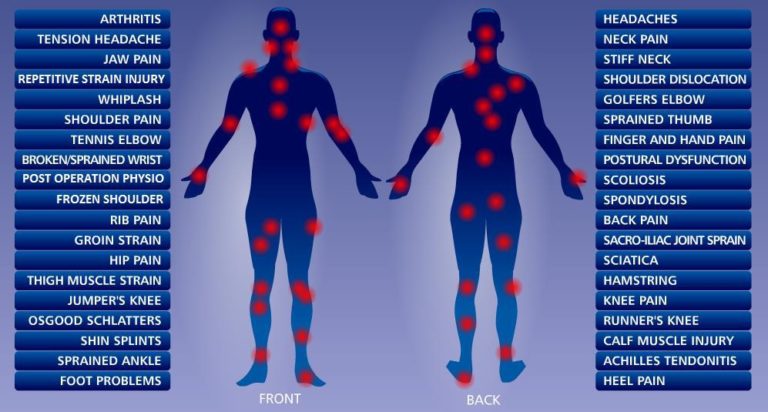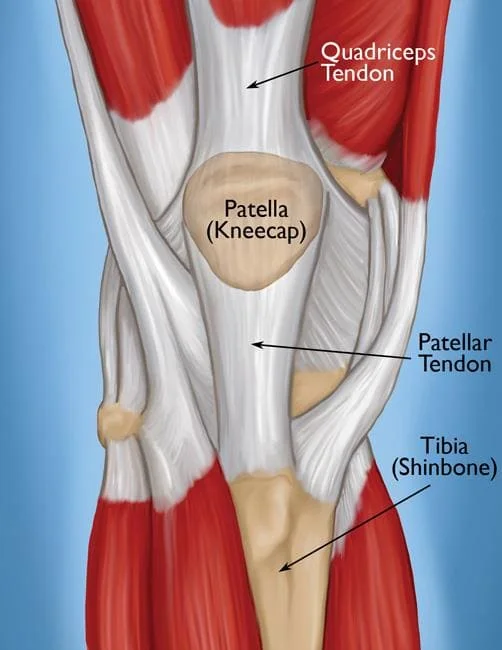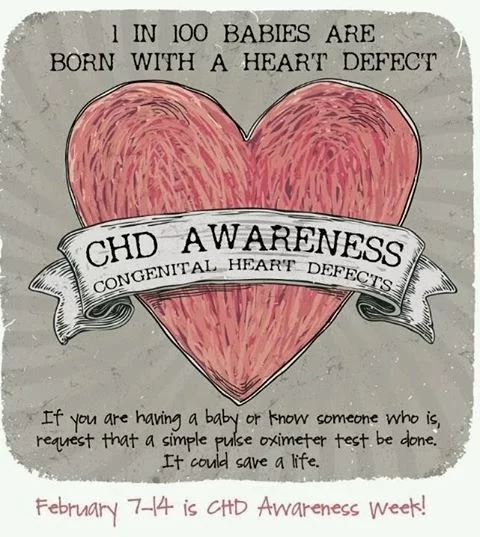Sore Tongue
What Is a Sore Tongue?
A sore tongue is when any pain or discomfort in all or part of the tongue that leads to tongue soreness. The nervous system responds to inflammation or tissue injury by producing the sensation of pain. You can experience a dull, tingling, burning, or stabbing feeling if your tongue is sore.
Most of the tongue is composed of muscles. An infection, inflammation, trauma, cancer, or other atypical processes of the tongue tissues can all cause a sore or painful tongue. Glossitis is a frequent ailment resulting in tongue swelling and coloring due to irritations, infections, or other conditions. It often causes discomfort in the tongue.
A painful tongue can result from a variety of things, including cold sores, oral thrush, and bites or injuries.
Although uncomfortable, a sore or painful tongue is typically not a reason for panic. The majority of painful tongue cases are simple issues that resolve on their own or require no medical attention.
What symptoms of tongue issues are present?
Typical signs that indicate a tongue problem include:
- a swollen or enlarged tongue.
- Having difficulty moving your tongue.
- partial or total loss of flavor.
- Your tongue’s color may have changed to white, yellow, dark red, purple, brown, or black.
- Modification in the texture of your tongue (smooth, covered with elevated areas or hair-like growths).
- Your tongue may feel painful, sore, or scorching in some places.
Which prevalent issues are related to the tongue?
Issues with your tongue or changes in your tongue might indicate either acute or chronic illnesses. Their severity varies, ranging from minor burns in the first degree caused by consuming hot food to more dangerous ailments like mouth cancer.
Causes of Sore Tongue
Trauma
The tongue can get injured by surgery, cuts, biting, teeth grinding, and consuming hot or sharp objects.
While mild damage will heal on its own with time without assistance, major injuries may require medical treatment.
Applying topical painkillers might help control discomfort, particularly during mealtimes.
Glossitis
The term glossitis refers to tongue irritation. Although glossitis comes in a variety of forms, practically all of them can result in a painful or irritated tongue.
Depending on what causes the glossitis and how painful it is, several treatments are used.
Geographic tongue
Geographic tongue is known medically as mild migratory glossitis.
This disease develops when sections of the tongue’s papillae, which are microscopic, finger-like bumps, vanish. This causes a smooth, crimson lesion on the tongue that resembles a map and is typically encircled by a white border.
On the tongue, some people feel a blistering or uncomfortable feeling. Topical anesthetics or prescription corticosteroid drugs may alleviate the discomfort if this occurs.
Geographic tongue has an unknown cause. Geographic tongue can occur in persons without psoriasis, however there may be a connection between the two conditions. It does not spread or cause any other health issues.
Median rhomboid glossitis
The middle portion of the tongue called the median rhomboid glossitis, is normally a smooth, red, flat region. It frequently has no symptoms, so until a dentist or physician discovers it, a person may not be aware that they have it. However, it can result in tongue soreness, particularly after consuming particular meals.
Since fungal infections are considered to be the source of median rhomboid glossitis, antifungal medications are often used to treat the condition if it is uncomfortable. It is not communicable.
Other glossitis causes
Numerous reasons might lead to painful and inflammatory tongue inflammation. Additional frequent reasons for glossitis include:
Allergic reactions
Acute or abrupt glossitis can occur in people who react severely to specific meals, bug stings, or other factors. This may result in tongue swelling, which might make breathing difficult.
Celiac disease
Atrophic glossitis was the only indication of celiac disease in certain individuals, according to research published in the Journal of Medical Case Reports.
malnutrition, such as low vitamin B-12 or iron levels
According to research published in the Journal of Oral Pathology and Medicine, there is “a significant association between iron, vitamin B-12, and hemoglobin deficiency and glossitis.”
Similarly, a B-12 deficit was discovered in a patient who had a burning, stinging tongue, according to a report published in the Canadian Medical Association Journal.
Tongue tumors
- A medical expert should evaluate any inexplicable bleeding.
- An additional potential reason for a painful tongue is a tumor on the tongue. A tumor may manifest as a persistent uncomfortable area, lump, or red or white patch on the tongue.
A tongue tumor may also cause other symptoms, such as numbness, difficulty swallowing, and inexplicable bleeding.
Cancerous or benign tumors can occur. Anyone should consult a physician right away if they think they have a tumor on their tongue.
Transient lingual papillitis
On the tongue, larger papillae can occasionally be seen. Sometimes, these red or white pimples are referred to as transitory lingual papillitis or lying bumps.
Taste buds are irritated by these lumps. Although the precise reason is unknown, stress and variations in hormones could be involved. They can hurt, but they normally go away on their own in a few days without any medical intervention.
Smoking
Smoking raises the likelihood of developing tongue soreness. Reliable Source for abrasions, gum disease, tooth damage, oral and throat cancer, and other problems.
On the other hand, it seems that smokers are less likely to get aphthous ulcers. But this advantage is greatly outweighed by the dangers of smoking.
Oral thrush
Oral thrush, often known as candidiasis, is a kind of oral or throat fungal or yeast infection. It can result in white spots that resemble cottage cheese, apprehension redness, taste loss, and a cotton-like sensation in the mouth.
More cases of oral thrush occur in:
- newborns under a month old, elderly individuals, denture wearers, immune system-compromised individuals, and those who have recently taken antibiotics
- people who treat their asthma using steroid inhalers
- those who light up
- Antifungal drugs may be prescribed by a physician.
Other infections
Your tongue may also hurt from other illnesses, like:
- hand, foot, and mouth disease
- human papillomavirus (HPV)
- syphilis
- scarlet fever
The reason will determine the available treatments. Antibiotics are required for bacterial infections like syphilis.
Neuralgia
Neuralgia can result in burning tongue syndrome and tongue apprehension because it irritates or damages nerves.
You may experience severe discomfort, like an electric shock, on your tongue, tonsils, throat, or ears, particularly after swallowing.
Medication can be necessary to relieve your nerve discomfort.
Mouth ulcers
An ulcer, often called a canker sore or aphthous ulcer, is a pain that begins as a tingling and is localized to a specific area.
They seem white, but can also be red, yellow, or grey at times.
Some causes of canker sores include:
- a little injury, such as biting one’s tongue, consuming something hard or sharp, experiencing stress or worry, an allergy or intolerance to a meal, or chemicals in mouthwash
- Certain long-term ailments, including celiac illness
- Most ulcers go away in a week or two, but some might take months or even longer to cure.
Gels and other over-the-counter pain relievers are frequently effective in relieving discomfort.
Food sensitivity or allergy
Pollen-food syndrome, another name for oral allergy syndrome, might be the cause of your tongue pain if you get it after eating particular foods. It is mostly caused by an allergy or sensitivity to chemicals found in some fresh fruits, vegetables, and tree nuts.
In addition to a painful tongue, you may also feel:
- a mouth itch
- a scratchy throat lip, mouth, or tongue swelling
- A doctor might advise you to carry an epinephrine auto-injector if your response is severe.
Nutrient deficiencies and anemia
A painful tongue may result from low concentrations of the following nutrients:
- vitamin B-12
- iron
- folate
- zinc
- A well-balanced diet, consultation with a physician on supplements, and, in certain situations, vitamin injections are all part of the treatment.
Burning mouth syndrome
A burning feeling on your tongue or other parts of your mouth, such as the insides of your cheeks, gums, lips, or palate, may be the result of burning mouth syndrome or burning tongue.
Your tongue could feel as though it had been scorched by hot food.
The sensation may come on quickly or gradually. Additional symptoms include dry mouth, increased thirst, and changes in or loss of taste.
Damage to the nerves or an underlying illness, such as hormonal fluctuations, pharmaceutical usage, and others, are examples of potential reasons. The treatment plan will depend on the cause.
Can health issues be detected by your tongue?
It can. Your tongue’s appearance, texture, movement, and functionality might provide information about your health. The clues are usually rather obvious. A sore tongue, for instance, might indicate that you drank a hot cup of coffee too quickly.
In other cases, a visit to a healthcare professional will be necessary to diagnose the problem. For instance, an enlarged or swollen tongue might indicate a tumor, an allergic response, or a nutritional deficit.
Consult a healthcare practitioner if you’re uncertain. They can give you advice on whether treatment is necessary or if making lifestyle adjustments will allow you to manage the problem at home.
Diagnosing Tongue Problems
Usually, your doctor can diagnose a tongue problem only by looking at your tongue. They might want to check you for illnesses like diabetes or vitamin deficiencies that might manifest as symptoms in your tongue.
You could get a biopsy to look for cancer if you have a mouth tumor.
Based on symptoms and clinical appearance, information is gathered during a medical or dental examination. Imaging may be required in addition to help with the diagnosis. Computed tomography (CT), positron emission tomography (PET), and magnetic resonance imaging (MRI) are examples of several imaging modalities. A diagnosis is determined using the available data.
Nonetheless, a differential diagnosis is examined if there isn’t a single indication or symptom that may identify the tongue issue. All possible reasons for the indications are listed in a differential diagnosis. It is a methodical procedure to compare the likelihood of a disease to other illnesses that might be the cause of the tongue issue.
A white tongue lesion, for instance, might be differentially diagnosed as lichen planus, leukoplakia, or denture contact irritation. Based on the diagnosis, each of these factors may be thoroughly examined.
A treatment plan can be created thereafter.
Toluidine blue is a unique dye that has proved useful for various tongue problems that have the potential to be cancer during the first screening. A useful tool for early detection of malignant or precancerous lesions is toluidine blue staining.
For a more conclusive diagnosis, a biopsy is necessary. A biopsy is a technique that involves examining a sample of tissue or cells under a microscope. To receive the best possible care, a diagnosis must be made.
Treatment for Tongue Problems
Depending on the underlying reason, tongue issues have different treatments. Some issues are resolved on their own. Treating any underlying medical conditions may help reduce your discomfort.
Your physician could advise using a medicinal gel or rinse. You might need to take antifungal medication if you have oral thrush.
Avoiding hot or acidic meals may assist if you have sores or other painful problems.
Treatment options for cancer might include radiation, chemotherapy, surgery, and medication therapy.
It is crucial to take care of your mouth and teeth since some issues with the tongue might be connected to poor oral health. To get rid of germs and other particles, use a tongue scraper in addition to routine brushing and flossing. Consult your doctor to put a stop to your smoking habit.
Medical treatments
Antibiotics
Mouth sores can result from bacterial illnesses like syphilis. Even if you feel better, make sure you finish the entire course of antibiotics.
Antifungals
Oral yeast infections are treated with antifungals such as clotrimazole (Mycelex Troche) and fluconazole (Diflucan).
Prescription mouthwash
While a painful tongue heals, an antibiotic or prescription mouthwash can help avoid infection.
Steroids
To lessen inflammation brought on by mouth sores or another inflammatory illness like lichen planus, a doctor may recommend a corticosteroid.
Vitamin supplements
To assist cure a vitamin deficit, you could require a prescription vitamin supplement, such as an injection of iron, folic acid, or B-12.
Medications that stimulate the production of saliva
There are recipes available to assist in stimulating saliva production if you suffer from dry mouth.
Cancer treatments
Radiation, chemotherapy, or surgery are often used in oral cancer treatment.
- topical gel
- Topical gels work by numbing the mouth’s apprehension Stronger topical gels can need a prescription, but this drug is accessible without one.
Pain medication
Tongue soreness can be made more bearable by over-the-counter painkillers. Ibuprofen and other nonsteroidal anti-inflammatory medications (NSAIDs) may help lessen swelling. Stronger corticosteroids may be prescribed by a physician to relieve the pain and swelling associated with severe canker sores.
Home remedies
Oral hygiene
You may get rid of a sore tongue and avoid infection by using mouthwash, flossing, and a soft toothbrush to clean your teeth. Additionally, you could discover that using toothpaste without sodium lauryl sulfate relieves pain.
Aloe vera
Aloe is well known for its ability to soothe skin. The tongue is covered by this as well. Aloe juice can be used as a mouthwash many times a day.
Baking soda
Try washing your mouth with a solution of warm water and baking soda (1 teaspoon for every 1/2 cup of water) to relieve discomfort and swelling.
Another option is to mix baking soda and water to produce a paste, which you can then apply to the painful spot.
Milk of magnesia
On a painful tongue, dabbing tiny quantities of milk of magnesia, an acid neutralizer, can help reduce soreness and accelerate healing.
Hydrogen peroxide
Hydrogen peroxide works as an antiseptic to heal oral sores and infections. Dilute the hydrogen peroxide with water (equal parts peroxide to water) and use just 3% of it.
Apply a cotton swab to the afflicted region and dab. Use warm water to rinse your mouth after a short while.
Saltwater
Another method to lessen discomfort, stop inflammation, and stop infection is to gargle with salt water. Pour a cup of warm water over a teaspoon of salt, swirl it about your mouth, gargle, and spit.
Honey
Honey has been demonstrated to be an efficient natural antibacterial for healing a variety of wounds. A few times a day, you can apply a small amount of honey straight to the painful spot or sip warm tea infused with honey.
Coconut oil
Coconut oil’s antifungal, antibacterial, and antiviral qualities may help soothe a painful tongue. Using a cotton ball, apply the oil directly to the hurting spot and gently rub it in. Alternatively, you might swirl it around in your mouth and evacuate it. We refer to this as oil pulling.
Chamomile
It is thought that chamomile has anti-inflammatory qualities. But the evidence from science is scant. To test this cure, either put a wet tea bag directly to the painful location or rinse your mouth with a strong chamomile tea once it has cooled.
Antacids
In addition to neutralizing stomach acid, antacids can help soothe painful or burning tongues, particularly those brought on by acid reflux.
Ice, ice pops, and cold water
Because ice has numbing properties, you can ease certain tongue soreness, including soreness from dry mouth or burning in the mouth, by sucking on an ice cube or an ice pop or by drinking ice-cold water.
OTC treatments
Additionally, you may get over-the-counter topical medications from your neighborhood pharmacy that cover the tongue to prevent additional discomfort.
Examples include:
- benzocaine (Orabase, Zilactin-B)
- OTC hydrogen peroxide rinses (Peroxyl, Orajel)
Vitamin supplements
Should a vitamin deficiency be the reason for your tongue discomfort, you might want to think about taking a multivitamin or a vitamin B complex supplement.
Before using any supplements.
Avoiding spicy and irritating foods
Foods that are acidic and spicy, such as tomatoes, pineapple, and lemons, may aggravate sore tongues. Steer clear of these meals until the discomfort subsides. Eat bland, mushy meals like oatmeal and mashed potatoes instead.
Summary
There are several causes of a painful or burning tongue, from a hot beverage to an underlying medical disease like Sjögren’s syndrome.
While over-the-counter medications can frequently ease the discomfort of a painful tongue, certain underlying problems may require medical attention.
If you discover a lesion or lump on your tongue that does not go away after three weeks, even if it is not painful, or if you have strange symptoms that you are unable to explain, it is recommended to contact a doctor.
FAQs
What is a sore tongue a symptom of?
Less frequently, cold sores or hand, foot, and mouth diseases can be brought on by viral infections, which can also produce tongue discomfort. Vitamin deficiencies and anemia: iron deficiency anemia, vitamin B12 or folate deficiency anemia, and painful tongues can occasionally be caused by these conditions.
How do you treat a sore tongue?
Home treatments for sore tongues
preserve proper dental hygiene. A painful tongue may recover if one keeps their mouth clean.
sulking on the ice.
using saltwater as a mouthwash.
using chilled chamomile tea as a mouthwash.
using sage as a home treatment.
putting honey on the wound.
observing what one eats and drinks.
staying away from smoking.
Is sore tongue vitamin deficiency?
A painful tongue may result from low concentrations of the following nutrients: iron, vitamin B-12, and folate.
How long can a sore tongue last?
Usually, mouth sores heal on their own in 10 to 14 days, even if nothing is done. They can occasionally last for six weeks. The actions listed below can help you feel better: Steer clear of citrus, spicy and salty foods, and hot beverages and meals.
Why is under my tongue sore?
Different varieties of glossitis can be caused by a variety of factors, including allergies or irritation from food or medicine, low iron levels, oral trauma, dental equipment like braces or dentures, dry mouth, and certain illnesses.
References
- Tongue Problems. Healthline. https://www.healthline.com/health/tongue-problems-2#symptoms
- Tongue Problems. Cleveland Clinic. https://my.clevelandclinic.org/health/diseases/24735-tongue-problems
- Tongue Problems. WebMD. https://www.webmd.com/oral-health/tongue-problem-basics-sore-or-discolored-tongue-and-tongue-bumps
- 15 Remedies to Treat a Sore Tongue. Healthline. https://www.healthline.com/health/sore-tongue-remedy
- Sore Tongue Symptoms: Causes, Diagnosis, Treatment Medicover. Best Hospitals in India | Medicover Hospitals. https://www.medicoverhospitals.in/symptoms/sore-tongue
- Why does my tongue hurt? https://www.medicalnewstoday.com/articles/

